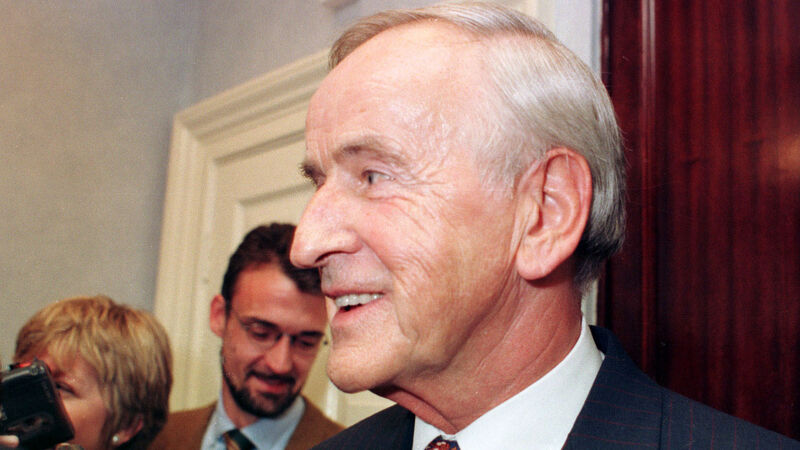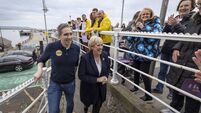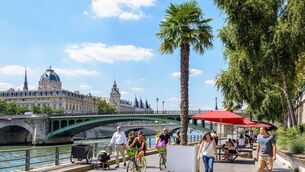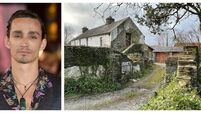Gareth O'Callaghan: Are we starting to acknowledge that there’s an outlier in each of us?

Without Albert Reynolds, the outlier, we most likely would still be years away from a peace agreement in the North. File Picture: Eamonn Farrell/ RollingNews.ie
Mahatma Gandhi once said: “Be the change you wish to see in the world”.















